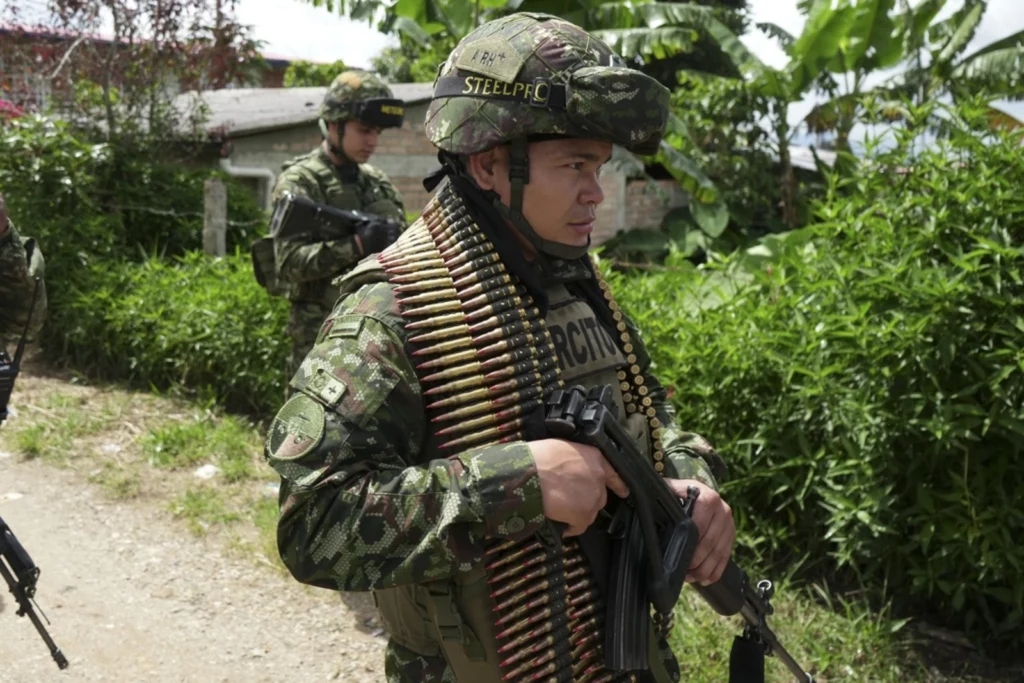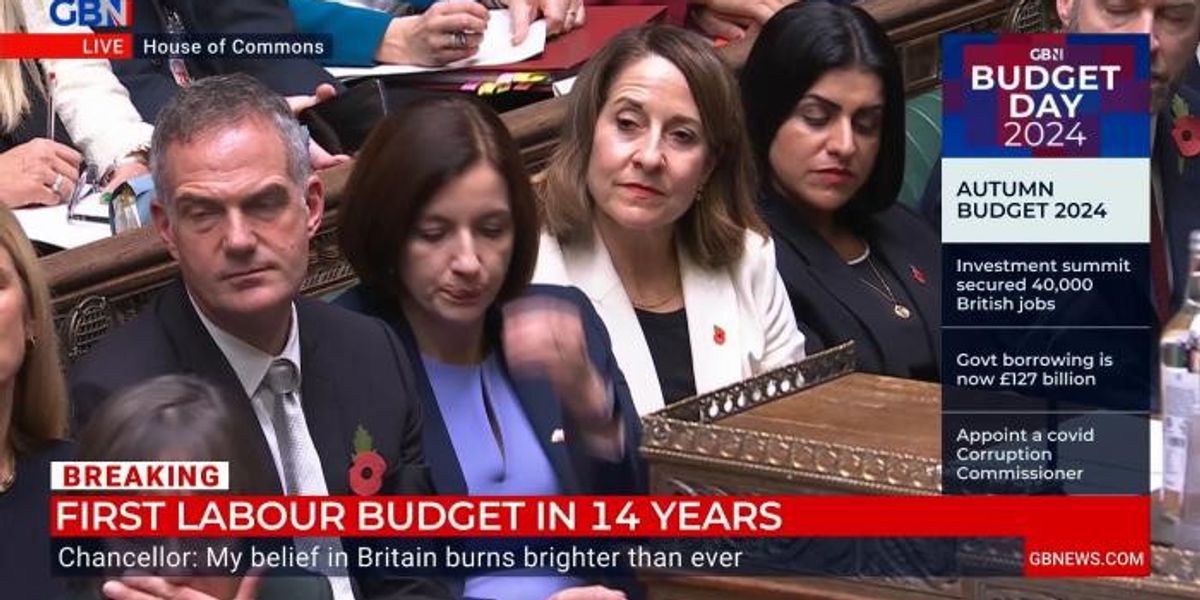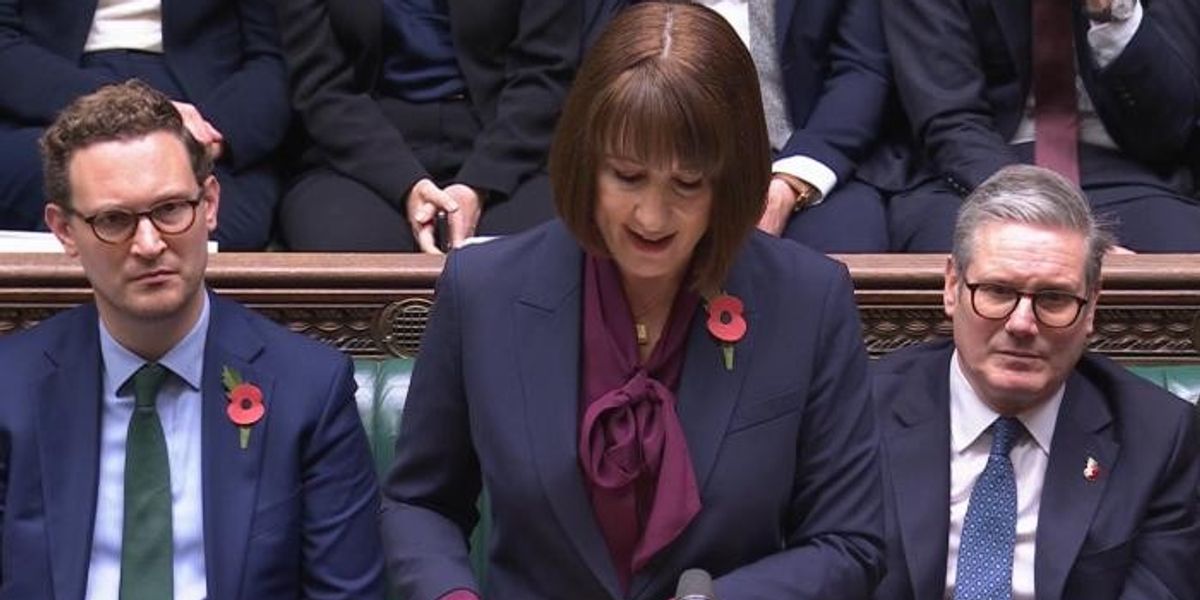As it hosted the United Nations Biodiversity Conference (COP16) in Cali this month, the government of Colombia seized the opportunity to promote itself as a global environmental leader.
Setting the theme as “paz con la naturaleza”, or peace with nature, President Gustavo Petro’s administration is using the summit to promote its agenda of total peace and environmental protection.
While some analysts praise the state for its sweeping commitments and progressive moves on climate policy, others cast doubt on the government’s ability to protect the Amazon, Colombia’s most valuable ecosystem, which is largely controlled by armed rebels.
For the Colombian state, COP16 is a chance to prove its record and leadership on climate action.
A spokesperson for the Ministry of Environment and Sustainable Development explained the significance of hosting the conference.
“This event presents an opportunity for us to showcase our rich biodiversity and the crucial role that we play in the fight against the loss of ecosystems,” the spokesperson told Latin America Reports.
The Petro administration, which has put climate change at the forefront of its political agenda, views COP16 as symbolic of its continued commitment to environmental protection and reform.
Since coming into office in August 2022, Petro has overseen an end to new oil and gas exploration, a one-third drop in deforestation, and become the first leader of a “major nation” to call for a fossil fuel non-proliferation treaty.
But what the government hoped would be an opportunity to showcase its progressive climate agenda has been largely overshadowed by the actions of armed groups.
Just before COP16 began, rebels from the Estado Mayor Central (EMC), or Central General Staff, guerrilla faction issued a warning on social media that delegates should not attend the summit.
The threat highlighted the complex relationship between conservation efforts and the ongoing armed conflict in Colombia.
 Deforestation in the Amazon. Image credit: Eraldo Peres via AP
Deforestation in the Amazon. Image credit: Eraldo Peres via APA recent report by International Crisis Group (ICG) outlined the correlation between rising deforestation in the Amazon and a collapse in negotiations with the EMC.
An internal split among the rebels in April 2024 led to talks with the state breaking down. Since then, deforestation rates increased sharply.
Elizabeth Dickinson, Senior Analyst for Colombia at ICG and one of the report’s authors, spoke to Latin America Reports about the government’s predicament.
“I think the government has two political problems, and they’re different. The short term problem and the long term problem. The short term problem is that the Amazon jungle is disappearing,” she said. The long term problem is the lack of state control in large areas of the rainforest.
Dickinson believes that the state can help protect the Amazon through peace negotiations with the EMC. She points to a previous drop in deforestation when Petro’s government first began pursuing its agenda of “paz total,” or total peace — an ambitious plan Petro campaigned on to make peace with Colombia’s different armed groups.
“In 2022 this is exactly what took place, and I think, as a gesture of goodwill, the EMC put these restrictions on deforestation in place, and I do think it’s within their power to do that again,” Dickinson commented.
After the first round of negotiations between the EMC and the Petro government, deforestation rates dropped by 51% in areas under the rebel group’s influence.
 Colombian soldier. Image credit: AP
Colombian soldier. Image credit: APAndres Cajiao, an investigator for the Colombian security think tank Fundación Ideas para la Paz (FIP), echoed Dickinson’s views.
He told Latin America Reports that early negotiations “included commitments by [the EMC] to reduce deforestation in its zone of influence. This permitted a reduction in the phenomenon during the early stages of negotiation.”
But Cajiao also warned that even with a peace agreement between the state and the EMC, other ecologically important biomes in departments like Guaviare, Putumayo, and northern Antioquia, are controlled by different rebel groups.
Despite the challenges to conservation efforts, many analysts praise Colombia’s government for its progressive stance on environmental issues and its determination to spearhead action against climate change.
Speaking to Latin America Reports, Estefanía Gonzalez, Deputy Campaign Director of Greenpeace Andino, praised Colombia and neighboring countries’ progressive stance on environmental issues.
“Latin American countries are not only among the most megadiverse in the world but have also implemented significant biodiversity protection measures and shown important leadership at both regional and global levels in various multilateral arenas,” she commented.
The ICG’s Dickinson also noted the uniquely progressive political climate in Latin America that has given environmental issues a greater platform than ever before.
“I think we’re lucky that we have a point historically where we have numerous heads of state in the region, and the seven Amazonic states, that are interested in conservation, that have made it a priority, and that are putting it on the global agenda,” she said.

 By Latin America Reports | Created at 2024-11-05 22:42:51 | Updated at 2024-11-06 01:52:10
3 hours ago
By Latin America Reports | Created at 2024-11-05 22:42:51 | Updated at 2024-11-06 01:52:10
3 hours ago








